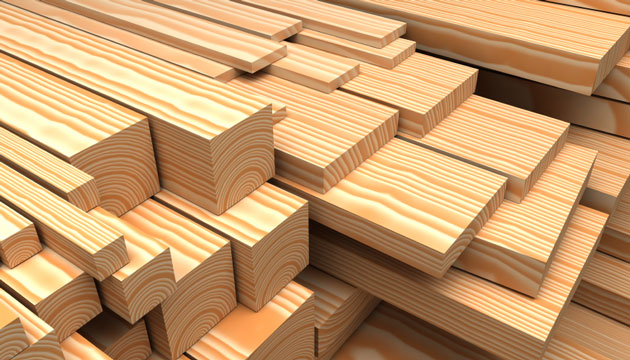Concrete is one of the most widely used building materials in the world. It is a mixture of cement, water, and aggregates, such as sand, gravel, or crushed stone. Concrete is known for its strength, durability, and versatility, and it is used in a variety of applications, from buildings and bridges to roads and sidewalks. But what is the most important thing in concrete?
The answer is simple: water. Water is the key ingredient in concrete, and it plays a crucial role in the chemical reaction that turns the mixture into a solid mass. Without water, concrete would not harden and would be useless as a building material.
However, the amount of water used in concrete is also critical. Too much water can weaken the mixture and reduce its strength, while too little water can make it difficult to work with and result in a brittle material. The ideal amount of water depends on the specific application and the desired properties of the concrete.
In addition to water, the quality of the other ingredients is also important. Cement is the binding agent that holds the mixture together, and its quality can affect the strength and durability of the concrete. Aggregates provide bulk and stability to the mixture, and their size, shape, and texture can affect the workability and appearance of the concrete.
Another important factor in concrete is the curing process. Curing is the process of keeping the concrete moist and at a certain temperature for a period of time after it has been poured. This allows the chemical reaction to continue and the concrete to reach its full strength and durability.
In conclusion, water is the most important thing in concrete, but the quality of the other ingredients and the curing process are also critical. By understanding these factors and using them properly, builders and engineers can create strong, durable, and high-quality concrete structures that will stand the test of time.

